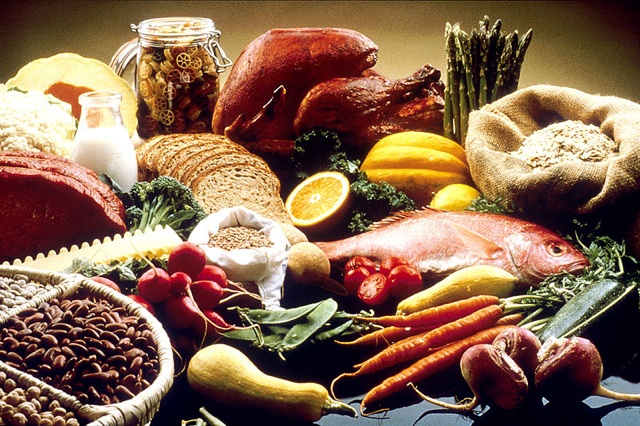
It doesn’t matter if you’re doing CrossFit to lose weight or just increase your strength and muscle mass. Nutrition matters, and there’s no way (long-term, at least) that you can out-train a bad diet.
If you’re not sure how you should be eating to fuel your WODs, keep reading. These five nutrition tips will help you make it through your toughest workouts so you can see great results.
1. Don’t be Afraid of Carbs
Ketogenic and low-carb diets can be great for some people. But, they’re not exactly ideal for all functional fitness/CrossFitters.
When you’re pushing your body at such a high level, you typically need some extra carbs to help fuel your workouts and promote muscle recovery afterward. Good carb sources for CrossFitters (and other athletes) are sweet potatoes, white rice, and oatmeal.
These are all complex carbohydrates that will help sustain your workout and provide you with a steady, consistent amount of energy – you won’t get a blood sugar spike and crash like you will if you eat a simple carb source like a candy bar.
2. Eat Plenty of Produce
It’s pretty common for CrossFitters to focus on their macronutrients – protein, carbohydrates, and fats. But, many are guilty of neglecting their micronutrients – essential vitamins and minerals. Your body needs micronutrients to function properly. Some of the best sources of micronutrients are fruits and vegetables.
By adding more fruits and vegetables to your diet, you can improve your micronutrient consumption and, in turn, improve your energy levels and overall performance.
Try adding at least one serving of vegetables to every meal. Eat some broccoli with dinner, add spinach to your breakfast smoothie or omelet, and top your post-workout meal with chopped bell peppers or carrots.
3. Eat the Whole Egg
Whole eggs have been demonized over the years because of their high cholesterol content. Here’s some good news, though.
First, dietary cholesterol (cholesterol found in food) has little-to-no impact on your actual blood cholesterol levels. This means that, contrary to what people have been told for years, eating whole eggs won’t clog your arteries and increase your risk of heart disease.
Second, whole eggs are also loaded with beneficial micronutrients. If you’re just eating egg whites, you’re missing out on a ton of great vitamins and minerals, including vitamin B1, vitamin B12, vitamin D, and choline.
4. Prioritize Protein
Everyone needs protein, but CrossFitters, in particular, need to make adequate protein consumption a top priority. Protein helps you build muscle and it promotes muscle recovery. It’s also necessary for proper immune system, cellular, and hormone function.
Eating sufficient amounts of protein can also help you lose weight since protein is more satiating (helps you feel full) than other macronutrients.
For active individuals (such as CrossFitters), research shows that a good amount of protein is somewhere between .6 and .8 grams per pound of bodyweight. If you weigh 150 pounds, you should be shooting for between 90 and 120 grams of protein per day.
5. Supplement When Necessary
Ideally, you’ll get the majority of your macro and micronutrients from whole foods. But, sometimes, you need to supplement to fill in the gaps. Some supplements that can be most beneficial for CrossFitters include:
-
Vitamin D: Vitamin D promotes healthy immune system function and strong, healthy bones — which means fewer injuries.
-
Creatine: Creatine helps you safely increase your muscle mass and strength. It also improves your capacity for high-intensity work.
-
Fish oil: Fish oil is a great source of omega-3 fatty acids, which help reduce inflammation and speed up post-workout recovery.
-
Protein powder: If you’re having a hard time meeting your protein goals, protein powder can be a good supplement to keep on hand. For post-workout, look for a fast-digesting whey protein powder; whey-casein blends digest slower and are better used as a meal replacement.
Final Thoughts
There’s no one diet that works best for every CrossFitter. You’ll have to do some experimenting to see what works best for you. But, these basic nutrition tips can apply to just about everyone. Once you’ve addressed these nutrition staples, you can start toying with other aspects of your diet to optimize it even further.

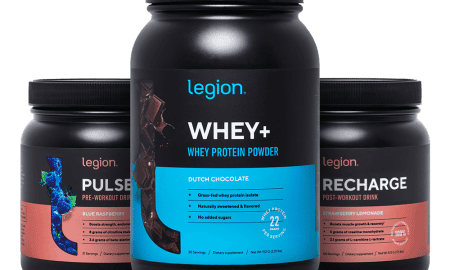
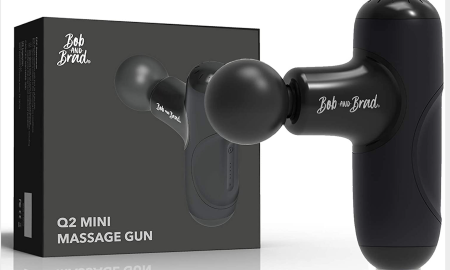

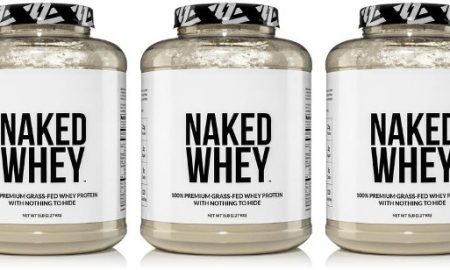
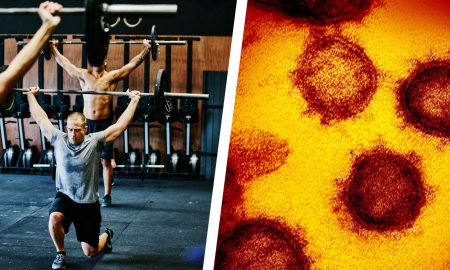

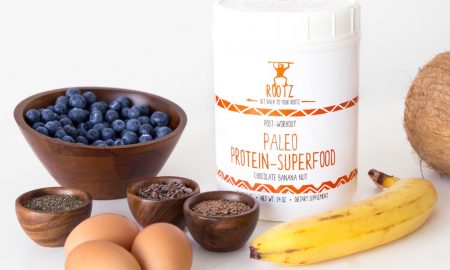



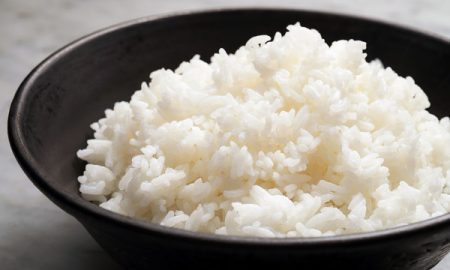
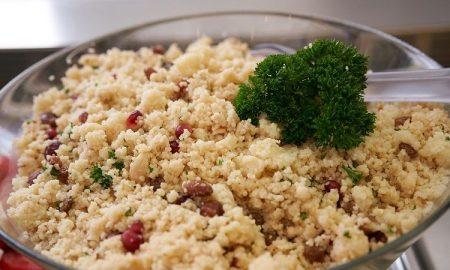
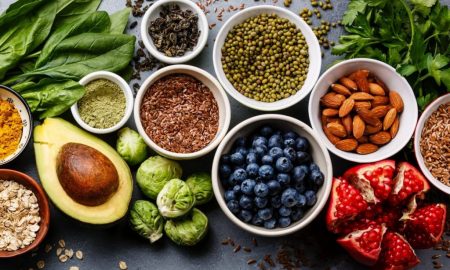
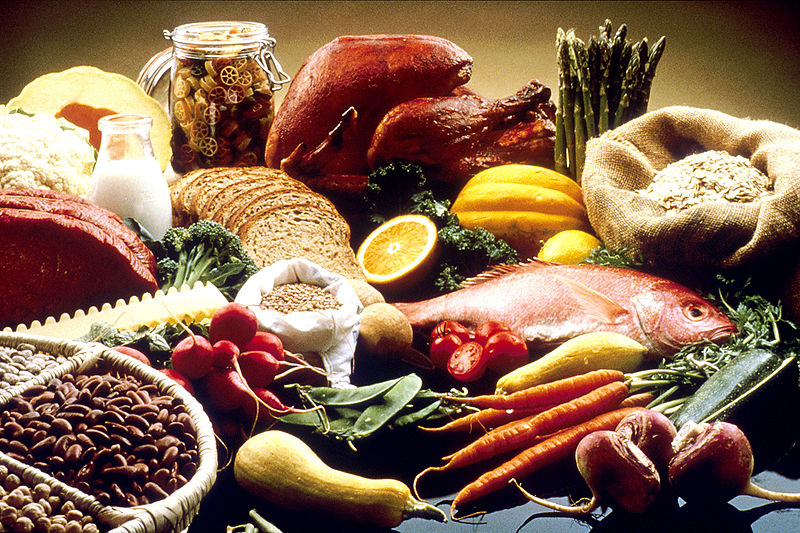
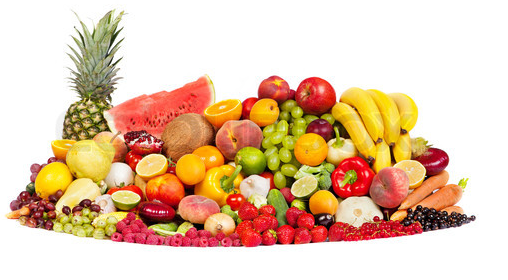
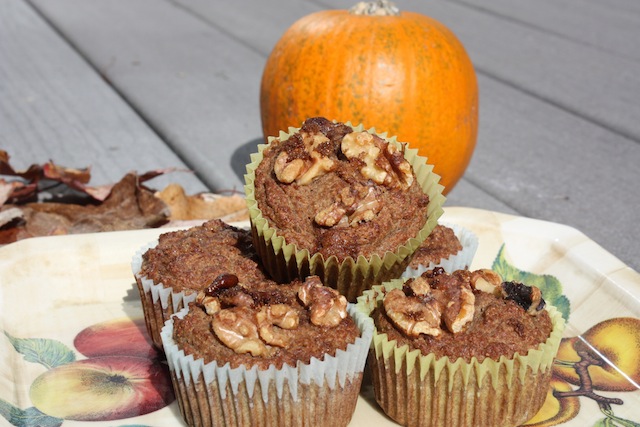
Follow Us